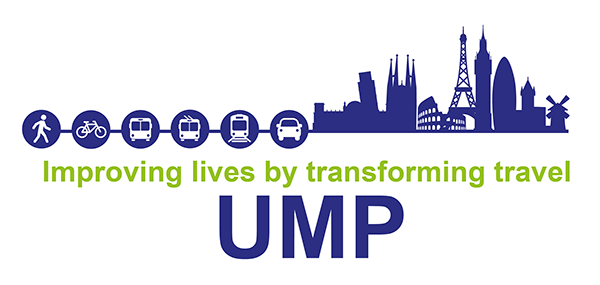Today’s Budget falls short of the substantive policy measures needed to make the government’s transport ambitions a reality
In response to the Budget, an UMP spokesperson said: ‘We welcome the government’s recognition of the importance of tackling air pollution, climate change and investing in transport infrastructure but today’s Budget falls short of the substantive policy measures needed to make the government’s ambitions a reality.
We are encouraged by the willingness of the government to invest in future projects but we will be looking for the forthcoming infrastructure review to demonstrate how this investment will be used to work alongside transport providers to build a system fit for changing consumer needs.
As always, the government must focus on improving multi-modal connectivity and embracing new technologies to create a future transport system with the consumer at its heart and which delivers improvements in air quality and congestion across the UK.”
The March 2020 Budget and its implications for the future for urban mobility:
Funding for local authorities
The government confirmed the allocation of over £1 billion worth of funding through the Transforming Cities Fund to deliver a range of schemes by 2022-2023 in Bournemouth, Christchurch & Poole, Derby & Nottingham, Leicester, the North East, Plymouth, the Preston City Region, the Sheffield City Region, Southampton, West Yorkshire, the Portsmouth City Region, Norwich and Stoke-on-Trent. This funding also includes £800 million for bus and cycling infrastructure.
Major projects in urban centres include a multi-modal transport hub at Stoke on Trent station, £116 million for the Sheffield City Region, £36 million for a new Central Park cycling and walking bridge in Plymouth, and £198 million for the North East.
The government has also announced £300 million worth of funding for local authorities to help tackle nitrogen dioxide emissions and improve air quality and agreed a devolution deal with West Yorkshire to establish a Mayoral Combined Authority from May 2021. There will be an additional £4.2 billion worth of funding for the eight Mayoral Combined authorities. We hope this will provide combined authorities with the opportunity to pursue innovative transport trials in their local area.
Disappointingly, there was no mention of the local authorities expected to receive Future Mobility Zones Funding promote emerging technologies and support the transition to the integrated multi-modal transport system of the future.
The Chancellor announced over £1 billion worth of funding for electric vehicles, with a focus on providing £500 million investment for the provision of rapid charging hubs with the aim to ensure drivers are never more than 30 miles away from a rapid charging station. This also includes £403 million in consumer incentives for low emission vehicles through the Plug-in Car Grant.
A fund designed to help businesses with the cost of connecting fast charge points to the electricity will also be included as well as an electric vehicle charging infrastructure review by the Office of Low Emission Vehicles. To strengthen the future mobility infrastructure the Urban Mobility Partnership hope any measures to increase the provision of electric vehicles will go hand-in-hand with multi-modal mobility hubs that provide a variety of transport options and allow consumers to take advantage of active, shared and sustainable forms of travel.
Roads, Rail and Buses
Between 2020 and 2025, the government will invest £27 billion on strategic roads – taking forward schemes like the A66 Trans-Pennine and building the Lower Thames Crossing. The Budget also confirms the further development of 15 local road upgrades across the country with the aim of reducing congestion and improving journey times.
The government is investing £20 million to develop the Midlands Rail Hub, progressing plans for a major programme of improvements to rail services across these regions. Further details for local transport will be announced at the Comprehensive Spending Review, which will include details of a National Bus Strategy and £5 billion worth of funding for buses and cycling.
Address
2nd Floor,
24 Southwark Bridge Road
London
SE1 9HF
24 Southwark Bridge Road
London
SE1 9HF
